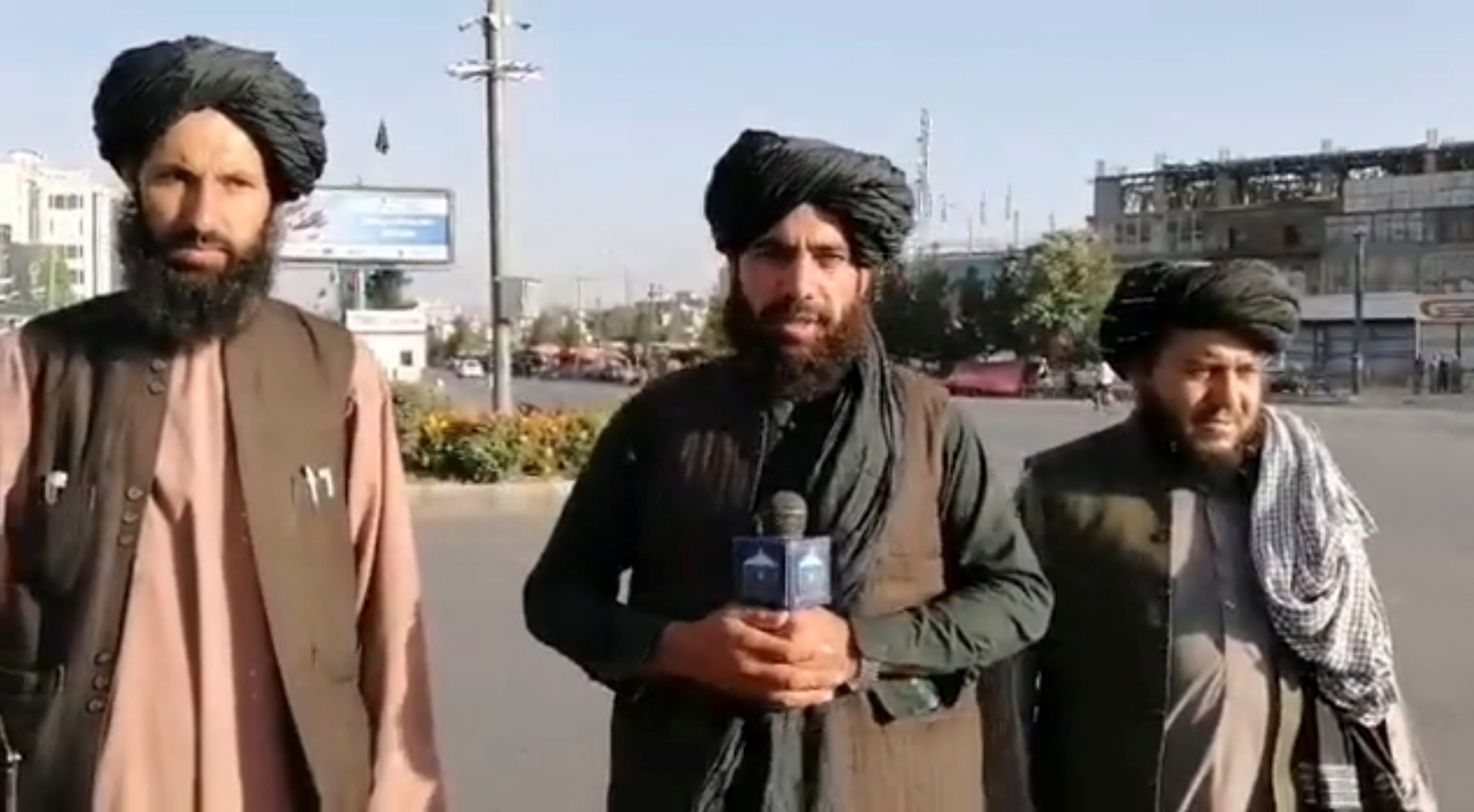Taliban Victory in Afghanistan: Internal and International Consequences
On 15 August, the Taliban entered Kabul, the capital of Afghanistan. After President Ashraf Ghani fled the country, current and former Afghan politicians formed a Transition Council and started negations with the Taliban on the formation of a new government.
 Fot. Social Media/Reuters
Fot. Social Media/Reuters
How did the Taliban succeed in taking control of the country?
The immediate reason for the successful Taliban offensive was the decision to completely withdraw U.S. and NATO troops from Afghanistan. While the Afghan security forces were predicted to be much less effective without U.S. military support, they were not supposed to collapse completely, or so quickly. This happened only to a limited extent because of the lack of U.S. military support. Other key factors were the demoralising effects of the decision to withdraw American troops, the lack of strong political leadership, fear of the ruthlessness of the Taliban, and widespread corruption within the military. The Taliban also were well prepared for the offensive. They successfully intimidated the public and quickly took control of the country through a series of coordinated attacks on major cities.
What will the Taliban seizure of power mean for Afghanistan?
The Taliban are trying to create the appearance that they took power through the peace negotiations, and not by force. They have entered into negotiations on a power handover with the Transition Council formed by former President Hamid Karzai, Abdullah Abdullah, who is head of the Afghan National Reconciliation Council, and the warlord Gulbuddin Hekmatyar. The Taliban said their aim is to form an “open, inclusive” government that will represent other ethnic and political groups, although it will certainly be entirely subordinate to the Taliban. In the following days and weeks, they will consolidate power and introduce restrictive interpretations of Islamic law. Severe limitations of many freedoms, such as the education of women, are already being implemented. While the Taliban have promised not to take revenge on former opponents, there may be reprisals against people who cooperated with foreign troops, represented the administration or were in the security services. The chances of the emergence of well-organised anti-Taliban groups are slim. Some local warlords who resisted them in the past have either fled abroad or already fallen into the hands of the Taliban.
What might be the consequences of the Taliban’s success for international security?
In the short term, the most serious concern for neighbouring countries will be the probable influx of refugees. Many of those fleeing Afghanistan will try to move further, including to the European Union. In the longer term, international terrorist organisations may return to the country and the threat of violent Islamic extremism may increase in Central Asia and Pakistan. Taliban rule will likely sharply reduce international financial support for Afghanistan, which may encourage people living there to resume the production of opium, destined for global markets. The success of the Taliban will make it harder for the United States to exercise regional leadership, particularly vis-à-vis Russia and China. In addition to this dent to its prestige, the U.S. will significantly lose regional influence to Russia and China.
How should the EU and NATO react to the takeover?
NATO and the EU, both organisations involved in the development of state structures in Afghanistan, should coordinate actions to evacuate people from Afghanistan who cooperated with international forces. Some Western countries involved in the missions in Afghanistan will face public pressure to shelter the Afghans most vulnerable to repression. To avoid a major migration-management crisis, it will be necessary to establish a voluntary support system for refugees within the EU. Both NATO and the EU should coordinate their actions, including at the United Nations, to put maximum pressure on the Taliban and reduce the risk that they will commit crimes against citizens. To influence the Taliban’s calculations, a coordinated mixture of incentives and threats should be employed. The incentives caninclude financial aid, lifting some sanctions, or removing the Taliban from the list of terrorist organisations. The greatest incentive for a regime previously recognised by only three states (Pakistan, Saudi Arabia, and the UAE) may be recognition by a larger group of countries. To exert pressure, it will be necessary to use the threat of additional sanctions against the regime and on countries cooperating with it. Although threats of international intervention in the event of mass crimes or support for terrorist organisations may not seem credible at this moment, this option should not be ruled out.


